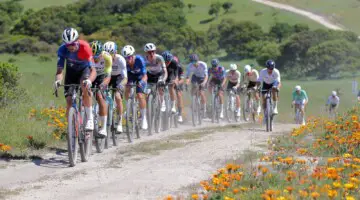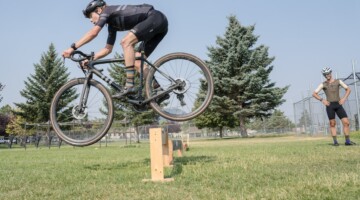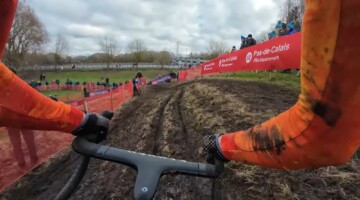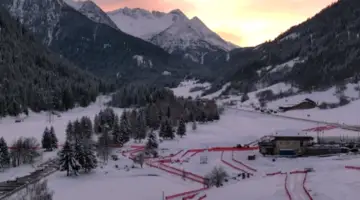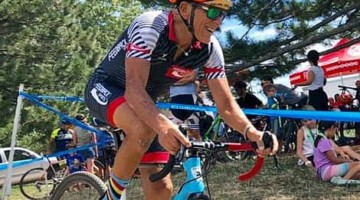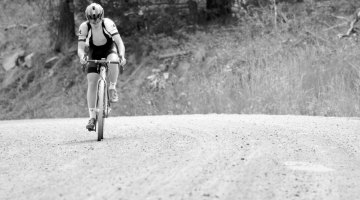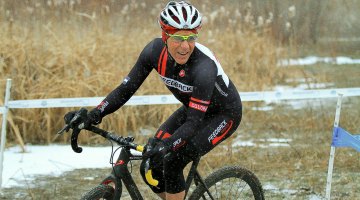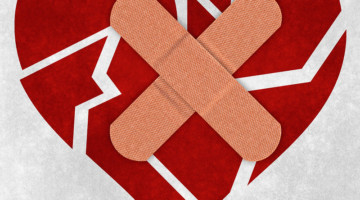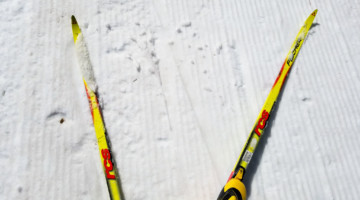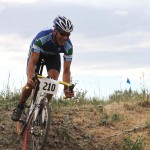
Lee Waldman already focusing on improving for next season © Annette Hayden, MountainMoonPhotography.com
This week, Masters racer Lee Waldman brings us his reflections on the offseason, and some critical inspection of his own weaknesses on the bike. If you missed it, be sure to check out Lee’s last column on Masters Worlds.
OK it’s time. (By the time you read this, it’s probably been time for a while now). Rest and recovery – done. As I get older, that whole concept is one that I struggle with. I need to maintain even during the “offseason.” Truth be told, I miss riding my bike. It’s simply part of my life, not just the competitive part but my life ‘style.’ So although I listen to my coach and resist the temptation to ride every day, I’d be lying if I said that it’s easy for me. I heave a big sigh of relief when March rolls around and I get the go ahead from Ben to up the time and miles.
Those driven souls who are planning on a road season, you’re now well into your training. The rest of us, those who’ve decided for one reason or another, to “specialize,” we’re just starting to ease back into serious training. Sadly, here in the Rockies this is probably the most frustrating time of the year. The body and the mind are willing but the weather gods refuse to cooperate. March is historically the snowiest month of the year for us. Although I dread looking at my trainer, I still can’t in good conscience put it away.
Spring is when I set aside time to examine my past season. I know what you’re saying – “Been there, done that, bought the t-shirt.” But this isn’t just about looking back and mentally patting myself on the back for how well I rode but about being completely honest with myself. By now, two-plus months removed from our last ’cross race, I’ve been able to practice some revisionist history. All those bad races where I missed the key move really weren’t that bad. I was a lot closer to the leaders than the results showed. After all, I tell myself, if it wasn’t for that stumble over the barriers at States or that missed remount at that one race in October, the season would have looked completely different.
Well cupcake, it’s all history now. What’s real is to be real – to be honest with myself about what my strengths and weaknesses were last year, to analyze what I did well and, more importantly, what I did poorly and then to truthfully make a plan for the season that’s coming.
That’s what I’m doing right now, and it’s hard. Polishing our strong points is easy. Taking the time to develop our weaknesses takes more time, more focus and more dedication. It’s frustrating and not always comfortable to look honestly at our weaknesses, but in reality that’s the only way to improve. In my teaching I spend time every day and every year looking analytically at what worked and what didn’t. My goal: to continue to develop as a teacher. If it works in my work life, there’s absolutely no reason it won’t have the same effect in my cycling life.
So, here’s my list:
Starts: To put it bluntly, my starts sucked this year. I can’t remember one race where I clipped in and brought the bike up to speed without seeing most of the field pedal away from me. It’s tough to start like that, knowing that I’ll have to work my way through traffic. So my fix is to focus on clipping in as quickly as possible and then do a hard jump from every stop light each time I’m on the ’cross bike.
First lap efforts: This one was tough for me to be honest about, but as I look back on the season I know that I was way too conservative in my efforts at the start of each race this year. My lame excuse was age. I was so much older than the rest of the field that in order to finish someplace other than last, I needed to conserve at the start. At least that’s what I told myself. The reality was that I was intimidated and didn’t put it all out there. What am I going to do about it? Glad you asked. Part of the work I started doing this winter has been the mental part – training myself to think about myself differently. The other part, the physical part, is what my coach handles. I’m doing a lot of LT threshold work now to up my ability to ride at that level. Bottom line, I need to become a risk taker.
And after all, isn’t that what sport is about? Peeling away the surface layers where we tend to create the perfect picture, it forces us to read between the lines. (If I can mix metaphors here.) To be successful as an athlete, to reach our full potential, we can’t live in a fantasy world. We must, at some point, deal with the harsh realities that, yes, there are things that we don’t do well. Some we control so with hard work, dedication and single-minded focus; we can make inroads. Some limitations are fixed, resisting all of our best efforts at change now and forever. I can’t fix my double vision so that narrow courses are easier to ride. My parents were wonderful parents, but the gene pool I swim in isn’t as wide or deep as Tim Johnson’s or Jonathan Page’s. I won’t ever be any younger than I am now, and age will gradually slow me down – although that’s one that I’m fighting tooth and nail.
There is an upside though. The fact that sport forces us to face harsh realities also gives us the ability to deal with the really hard stuff in the rest of our lives. Job insecurity, financial problems, challenging partners, parents, friends and children. These are all real issues that we face every day. I don’t know about you, but if it weren’t for my bike some of the things I’ve faced over the last 30 years would certainly have done me in. I know, however, that if I can push my body beyond its limits and come back stronger, then I can do the same thing in the rest of my life. If I can be honest with myself as I look at myself as a cyclist, I can take that same ability from the bike into the classroom, dining room and every other place in my real life.
Think about it as you prepare for the MTB season, the road, track, or start to build your base for next fall. In the meantime, I’ve gotten way too philosophical. Time to go ride my bike.
You should do the same.

